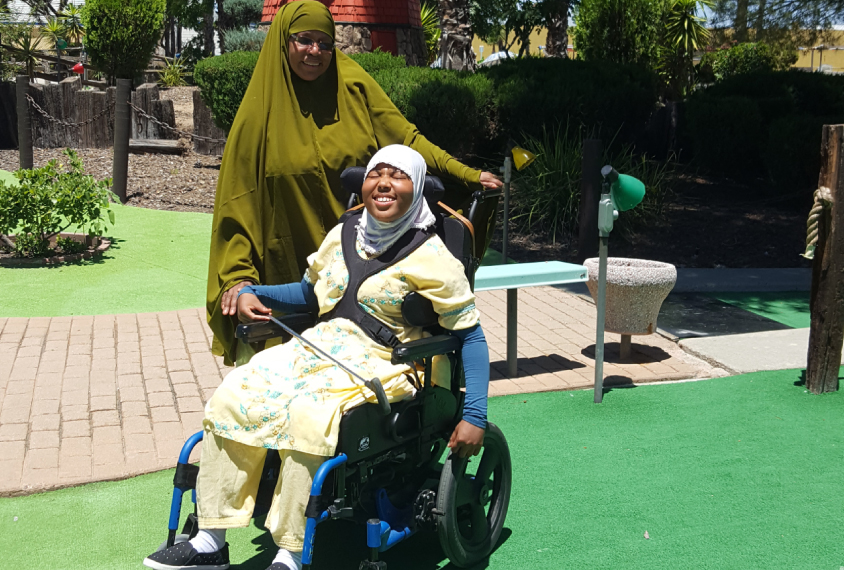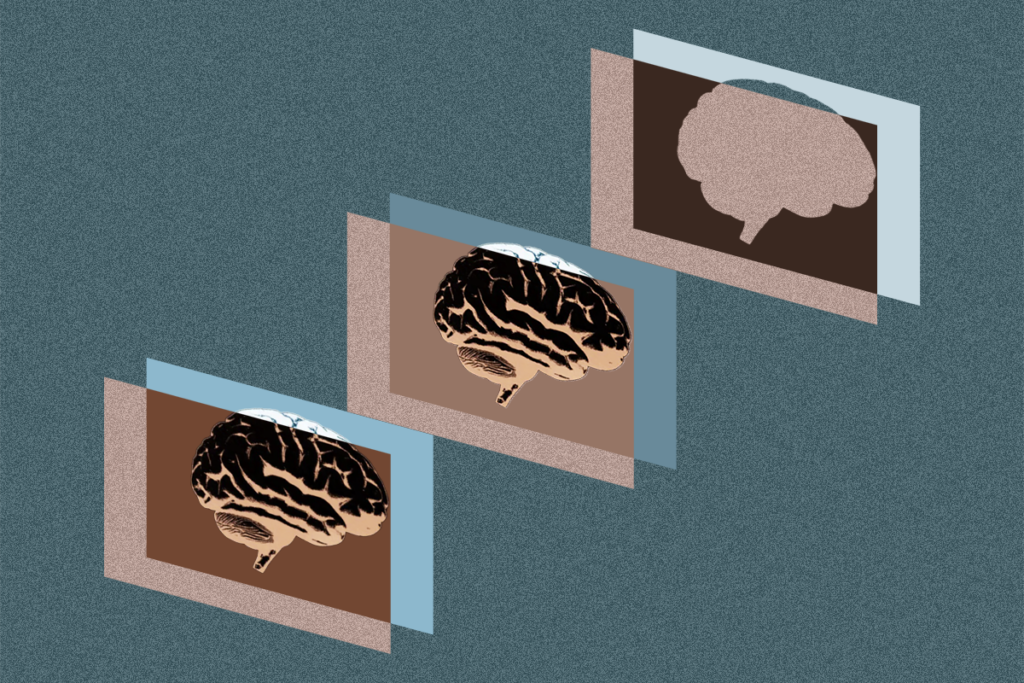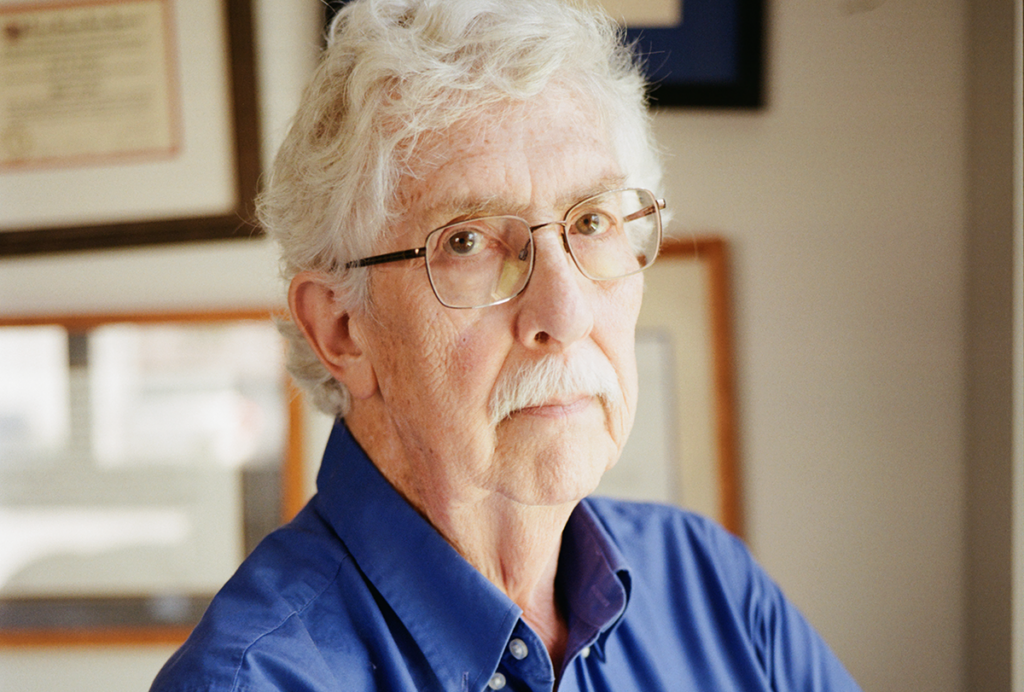Jocelyn Wiener is an Oakland-based writer who covers health, mental health, poverty and social issues. Her stories have run in the San Francisco Chronicle, The Sacramento Bee, NPR, Kaiser Health News and other publications around the country. She is a former staff writer for The Sacramento Bee.

Jocelyn Wiener
From this contributor
Children with disabilities may wait years for essential medical equipment
Many California children with serious healthcare needs often wait months, or even years, before they receive essential medical equipment.

Children with disabilities may wait years for essential medical equipment
Deportation a constant fear for immigrants with disabled children
As the Trump administration promises to deport a broader range of people, parents of chronically ill children are seeking help to stay in the country.

Deportation a constant fear for immigrants with disabled children
The builders: How parents shaped autism research
A group of savvy parents jump-started autism research in California, but they also set the research agenda.

The builders: How parents shaped autism research
Explore more from The Transmitter
Exclusive: Recruitment issues jeopardize ambitious plan for human brain atlas
A lack of six new brain donors may stop the project from meeting its goal to pair molecular and cellular data with the functional organization of the cortex.

Exclusive: Recruitment issues jeopardize ambitious plan for human brain atlas
A lack of six new brain donors may stop the project from meeting its goal to pair molecular and cellular data with the functional organization of the cortex.
How pragmatism and passion drive Fred Volkmar—even after retirement
Whether looking back at his career highlights or forward to his latest projects, the psychiatrist is committed to supporting autistic people at every age.

How pragmatism and passion drive Fred Volkmar—even after retirement
Whether looking back at his career highlights or forward to his latest projects, the psychiatrist is committed to supporting autistic people at every age.
The brain’s quiet conductor: How hidden cells fine-tune arousal
New research published today suggests that the pericoeruleus acts as a kind of micromanager of arousal, selectively inhibiting different subgroups of locus coeruleus neurons depending on the behavioral context.
The brain’s quiet conductor: How hidden cells fine-tune arousal
New research published today suggests that the pericoeruleus acts as a kind of micromanager of arousal, selectively inhibiting different subgroups of locus coeruleus neurons depending on the behavioral context.